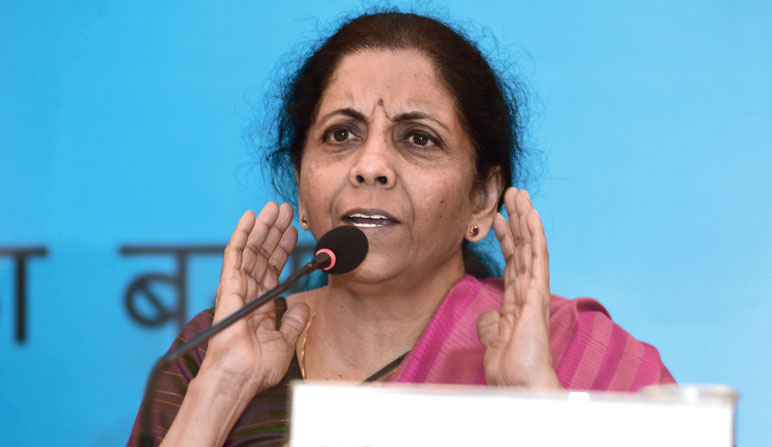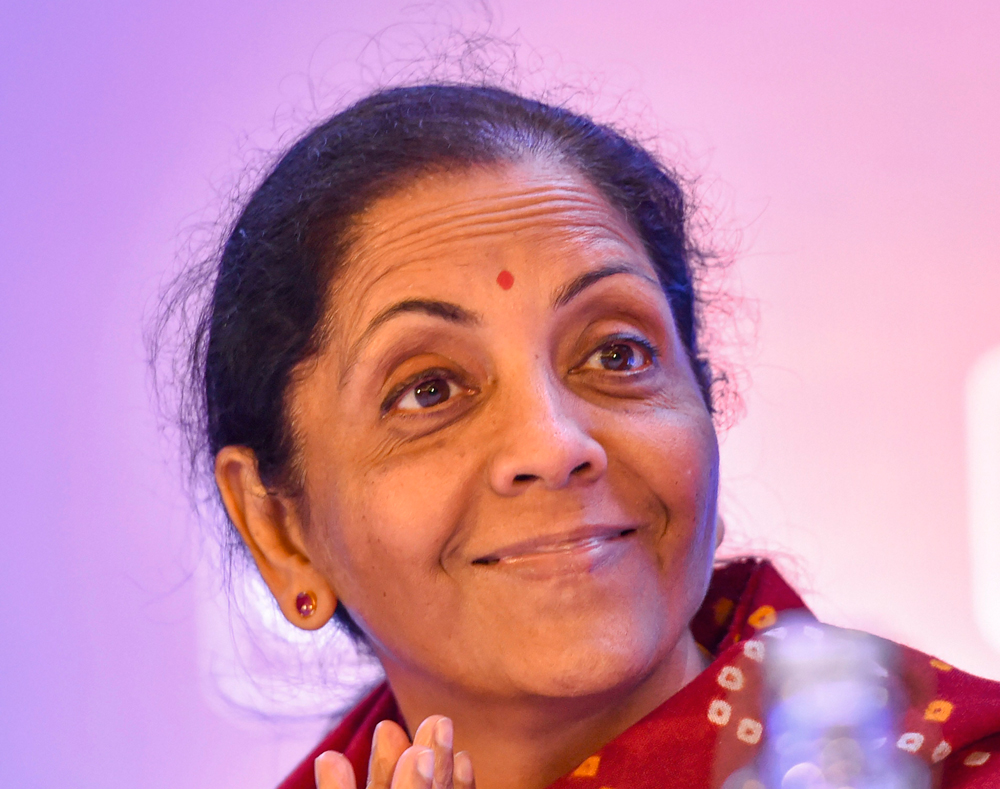The prime minister, Narendra Modi, sparked off a huge debate on tax compliance when he observed that only 15 million people in the country actually paid taxes on their incomes out of a population of 1.3 billion. This means that the burden of income tax in India falls on the shoulders of only 1.15 per cent of the population. Mr Modi went on to claim that only 2,200 professionals — doctors, lawyers and chartered accountants — admitted to an annual income above Rs 1 crore. The income tax department came out with a blitz of tweets the following day that threw up even more alarming statistics. It said 57.8 million income tax returns were filed in the financial year 2018-19. But of this, 43.2 million did not actually pay any tax because they had disclosed annual income of less than Rs 5 lakh — an entry-level tax threshold.
Mr Modi is clearly training his guns on a large base of suspected tax dodgers: the professionals who have been able to use a variety of tax breaks to keep a lid on their tax outgo. The income tax department says that 57.8 million taxpayers had filed their returns with respect to incomes in 2018-19. That is an increase of 4.6 per cent over the 55.26 million individual taxpayers’ returns in the previous year. The recent Economic Survey had also said that personal income tax collections had risen 7 per cent in the first eight months of this fiscal, down from a 16.4 per cent growth during the same period last year. There is an even more worrying statistic: in 2002-03, 2.7 crore persons paid tax out of the 3.4 crore tax filers, roughly 80 per cent of the pool. That shrank to 60 per cent in 2018-19 when only 3.3 crore of the 5.5 crore tax filers paid tax.
The Narendra Modi government must widen the tax base, not shrink it. The recent budget took one major step in that direction when it offered individuals the option to pay a lower tax without the benefit of exemptions in the next fiscal. The Centre expects over 80 per cent of the taxpayers to opt for this scheme. It will be hazardous to predict what impact this will have on tax collections. The finance minister, Nirmala Sitharaman, has already hinted that all tax exemptions will eventually go. This is an idea that the Vijay Kelkar committee, which was established by the Vajpayee government, had suggested in 2002. It wanted all exemptions to go except those meant for housing loans, senior citizens and women. The former finance minister, P. Chidambaram, had also wanted to introduce the controversial measure in his draft direct tax code during the United Progressive Alliance regime before it was overturned. India can no longer endure a situation where only a small group of taxpayers carry the burden of filling the government’s coffers.



